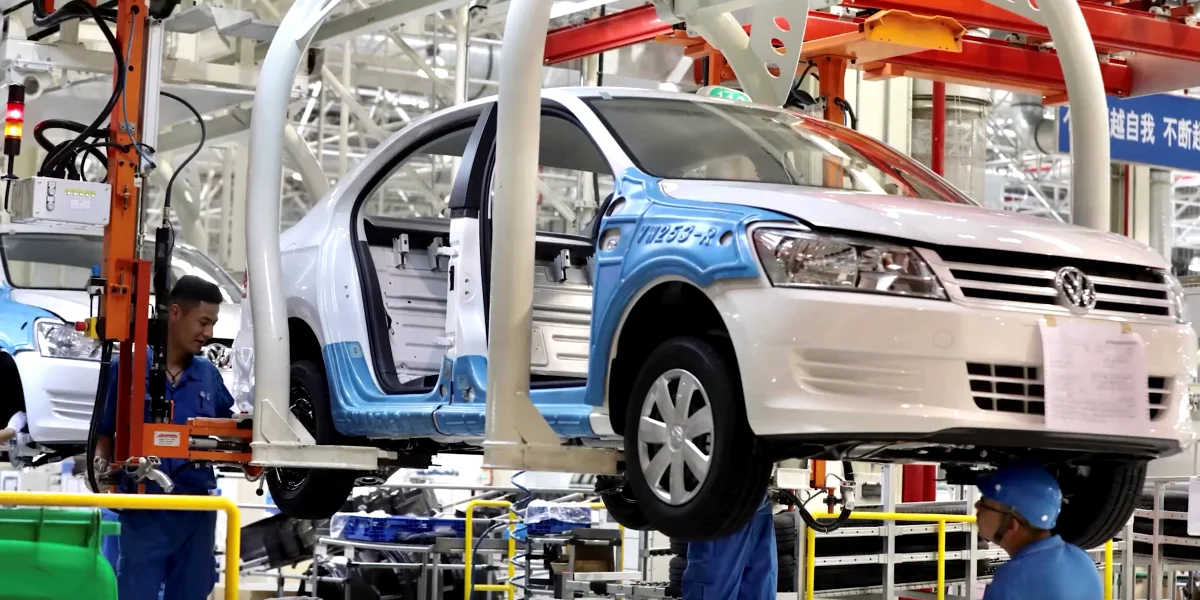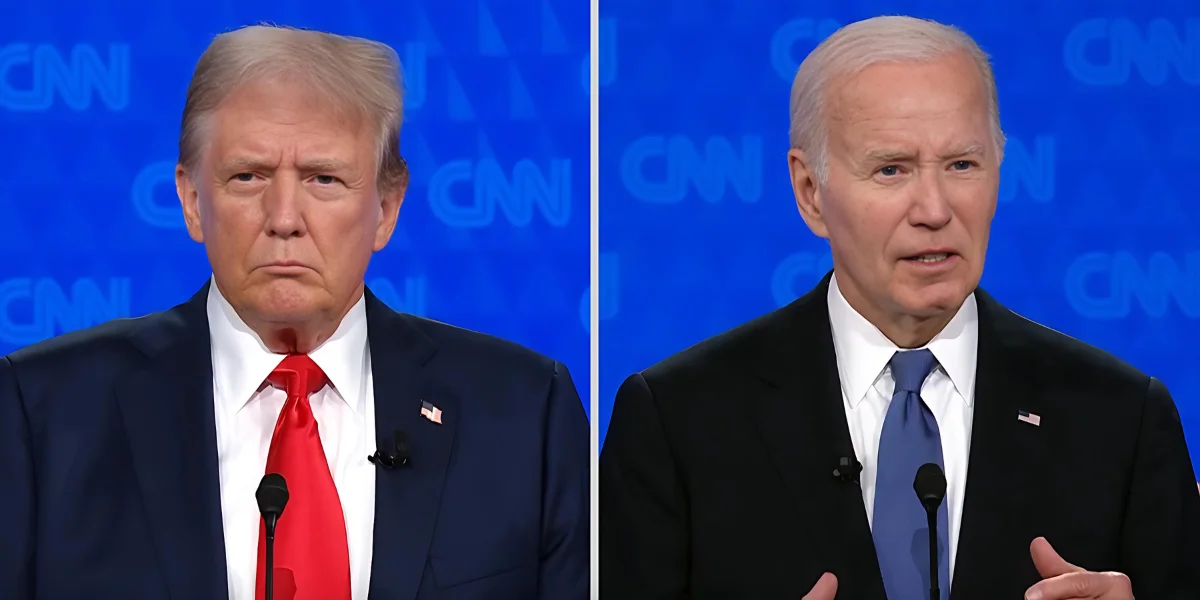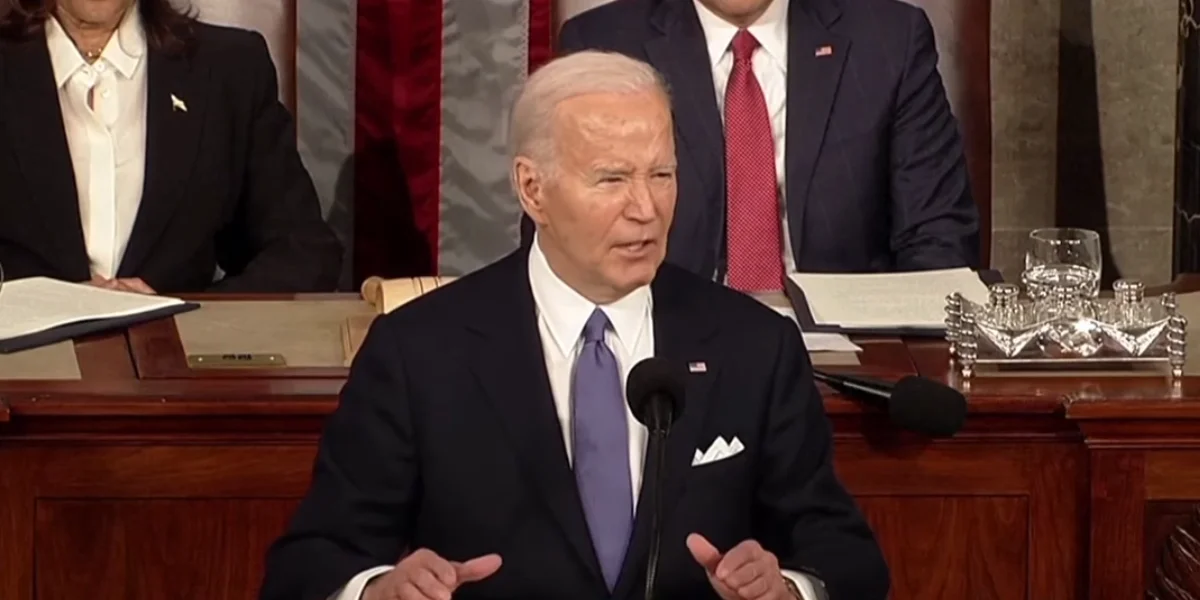Volkswagen sells its Xinjiang car plant

The Volkswagen Group of Germany and its Chinese partner have sold a factory in the Chinese province of Xinjiang, which has long been plagued by allegations of forced labor.
In a statement released Wednesday, Volkswagen and SAIC Motor agreed to sell the Urumqi facility in the Xinjiang region of China to the Shanghai Motor Vehicle Inspection Center, although they did not specify the conditions of the transaction.
"Volkswagen and SAIC are pioneers of individual mobility in China," stated Ralf Brandstatter, a member of Volkswagen AG's Chinese board of management. "We established one of the first international joint ventures in the region 40 years ago."
The decision by Volkswagen AG and SAIC Motor, its longstanding Chinese partner, to sell their joint venture facility in Xinjiang, a province at the heart of global debate, has caused a stir. Multinational firms have been under pressure due to allegations of human rights violations in the area, which has caused Volkswagen to reconsider its participation.
The Shanghai Motor Vehicle Inspection Center will purchase the plant, which is situated in the capital of Xinjiang, Urumqi. When it was opened in 2013, the facility could produce up to 50,000 cars a year, but it has since stopped producing cars and is now just used for inspections. Volkswagen indicated that the 170 employees already working at the site will continue to have their positions under the new ownership despite this change in operations.
SAIC Volkswagen has "earned the trust of more than 28 million customers" in China and extended the joint venture agreement between Volkswagen and SAIC until 2040 to create "early planning security beyond 2030 in a very dynamic development phase of the Chinese automotive market," Brandstatter said.
"With a new generation of EVs planned for 2026, SAIC Volkswagen is concentrating on producing electric vehicles for the Chinese market," he stated.
"Electrification and the transformation of the car into an intelligent vehicle are the defining trends in the automotive industry," SAIC Motor chairman Wang Xiaoqui said. "The focus for SAIC Volkswagen is on the development of new, intelligent electric vehicles in order to maintain an industry-leading position in the field of smart technologies."
The history of China's automobile sector is firmly rooted in Volkswagen's connection with SAIC. The collaboration, which started in the 1980s, had a significant influence on the development of the national car industry. Volkswagen's recognizable Santana sedans were essential to taxi fleets in key Chinese cities and came to represent modernism.
The sale follows years of accusations by the US government and human rights organizations that China has been abusing the Uyghur Muslim minority population in Xinjiang by utilizing forced labor and carrying out other atrocities, including mass detentions.
China has strongly and frequently disputed claims of violations of human rights in the area.
Rights organizations have criticized Volkswagen for having a plant in Xinjiang, but the company has maintained that there are no indications that forced labor has occurred there. When executives visited the factory in February 2023, the business claimed that there was "no indication of any human rights violations or wider issues around working conditions."
There are issues at home as well. Last month, the biggest manufacturer in Germany said that it will lay off tens of thousands of workers and close "at least" three of its operations. In the company's 87-year existence, these closures would be the first to occur domestically.




